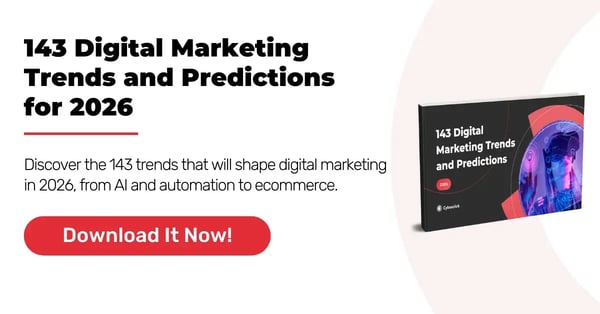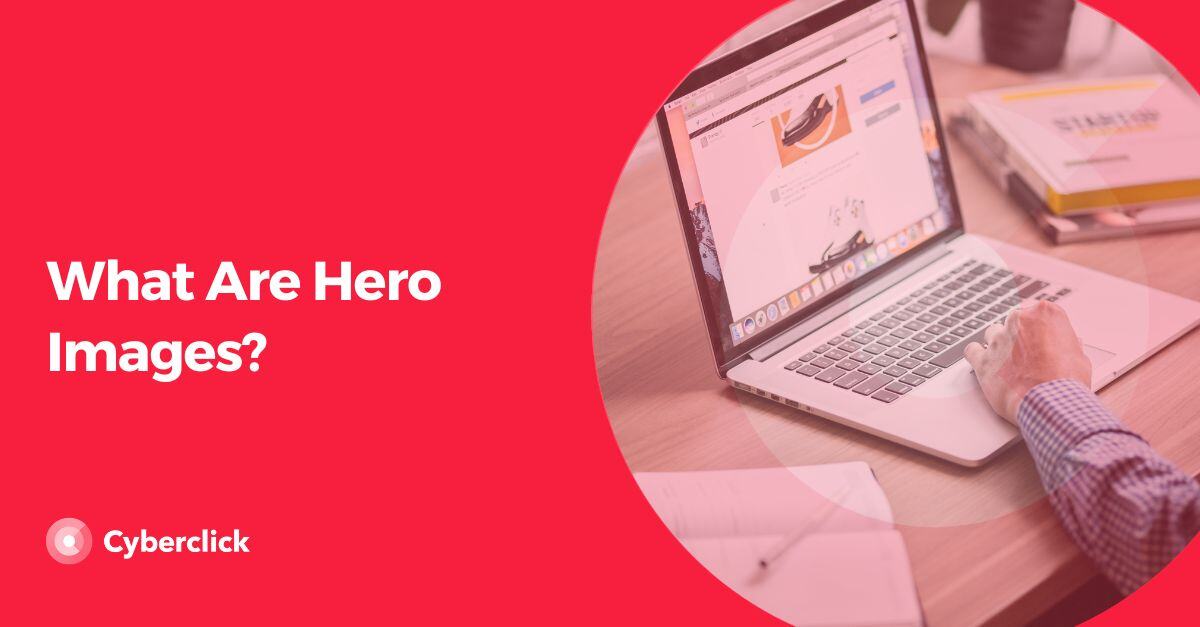Beacons are changing the marketing landscape. These devices allow you to combine retail marketing and digital marketing to deliver customized messages to users based on their location.
Thanks to beacons, you can offer unique and personalized in-store experiences to customers and incentivize purchases in your physical stores. It's the marketing of the future, so let's learn a bit more about it!
What Is a Beacon and How Does It Work?
A beacon is a device with a Bluetooth signal that links with users' mobile phones to send notifications based on their location. Its range is around 50 meters, so messages are directed to people who are in the immediate vicinity of the beacon. For a user to receive beacon messages, he or she must have Bluetooth enabled on his or her cell phone and have installed an application.
Beacons are very easy to install–they are simply attached or placed on a surface within the desired range. When a user passes by the beacon, it sends a signal to his or her mobile device via Bluetooth and the app displays notifications.
Beacons do not require the user to make contact with the device or take any proactive action. The only requirement is that they are near the device with Bluetooth enabled and the app installed.
How to Use Beacons in Local Marketing
-
Send personalized notifications: When a user enters the store, you can combine information about his or her location with the data you have about them, including the purchase history. This allows you to send them the offers that are most likely to appeal to them.
-
Nudge people to go inside a store: You can let people passing your coffee shop know that you are giving away a free donut with every coffee, or inform customers in a supermarket that there is a free tasting in the cheese section.
-
Enrich the experience in tourist attractions: If the user is visiting a museum, you can send more detailed information about each of the pieces that make up the collection.
-
Optimize information in the real estate sector: People who are interested in buying or renting real estate can download an application so that you can alert them when they pass by an available property. The customer will be able to check the location in real-time and receive details of the property and the real estate agent's contact information.
-
Improve patient care in hospitals: Normally, hospital rooms have clipboards where the patient's history can be found. You could replace this physical clipboard with a beacon so that both the patient and the doctor can access the information at any time.
-
Access transportation information: Smart cities have multiple applications for beacons; for example, using them to provide information on lines and transit times to people approaching a public transport terminal.
Benefits of Beacons
For Brands
-
It's easy to create local marketing campaigns: Send personalized offers, provide relevant information, or encourage the user to download an app. As we explained above, beacons have multiple applications in marketing that allow you to design a tailored experience and improve your brand's results.
-
Improved management of user data: We already know that digital marketing provides a lot of data about users' online behavior. And now, thanks to beacons, you can combine this information with users' behavior in physical stores to create a comprehensive buyer persona.
-
Price: Beacons sound like something out of a science fiction novel, but they are quite affordable at around $60 per device. Companies of all sizes can enjoy them!
-
Autonomy: The beacon's battery life ranges from 46 to 104 months, meaning that you can use them for several years without worrying about recharging them.
-
Events: If you organize large events, beacons can be extremely useful for guiding and locating users without GPS and providing them with real-time information.
For Users
-
Relevant information in real-time: By combining user preferences with real-time location, beacons allow you to deliver messages that matter most to them. This, in turn, enhances the shopping experience.
-
Improved service and payments: Beacon technology can contribute to the showrooming experience, in which a customer goes to see merchandise in a physical store and then buy it online.
-
Reduced waiting times: The customer can order food online by phone while walking up to the restaurant or standing in line to speed preparation times.
-
Privacy options: The user can choose whether to turn on Bluetooth and/or uninstall the app, making for a less intrusive user experience.
3 Examples of How to Use Beacons in Local Marketing
1. IKEA
IKEA uses beacons in its stores to encourage people to use the IKEA family card. Customers receive welcome notifications when they arrive at the store, are offered coffee as they walk past the café, and can pay directly with their cell phones at checkout.
2. Virgin Atlantic
Virgin Atlantic has used beacons to enhance its customers' airport experience. Travelers receive important information about their flights, including last-minute changes and gate locations.
3. TEDxBarcelona
Tedxbarcelona offers attendees information related to the conferences and proposes challenges that they can participate in to receive surprises.
CEO y cofundador de Cyberclick. Cuenta con más de 25 años de experiencia en el mundo online. Es ingeniero y cursó un programa de Entrepreneurship en MIT, Massachusetts Institute of Technology. En 2012 fue nombrado uno de los 20 emprendedores más influyentes en España, menores de 40 años, según la Global Entrepreneurship Week 2012 e IESE. Autor de "La empresa más feliz del mundo" y "Diario de un Millennial".
CEO and co-founder of Cyberclick. David Tomas has more than 25 years of experience in the online world. He is an engineer and completed an Entrepreneurship program at MIT, Massachusetts Institute of Technology. In 2012 he was named one of the 20 most influential entrepreneurs in Spain, under the age of 40, according to Global Entrepreneurship Week 2012 and IESE. Author of "The Happiest Company in the World" and "Diary of a Millennial".



.jpg)
.jpg)

Leave your comment and join the conversation